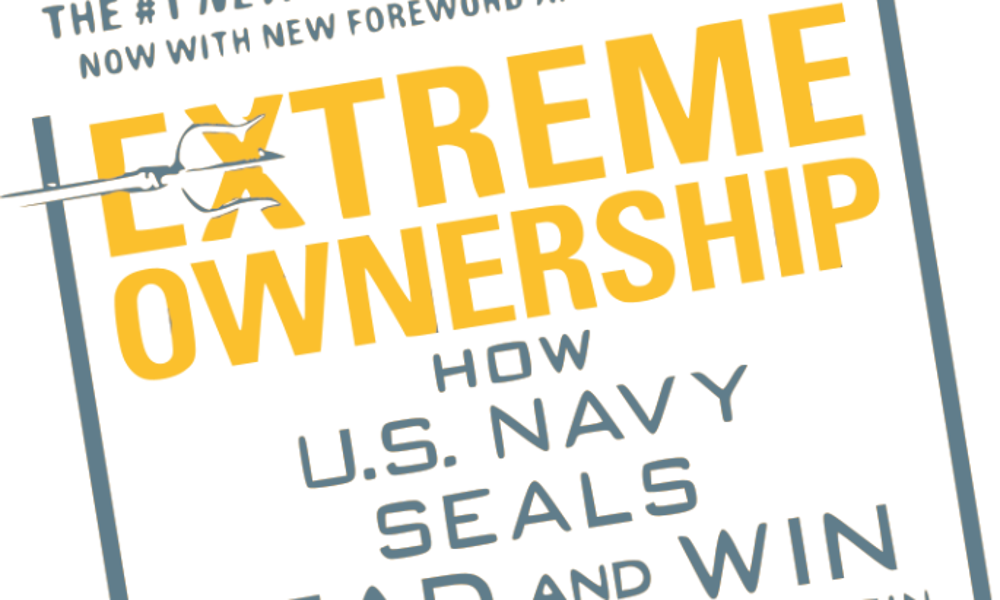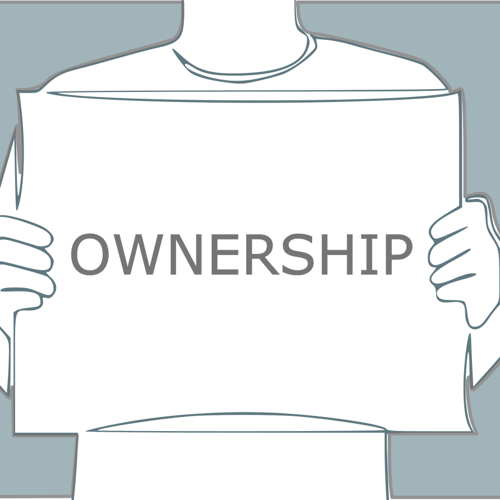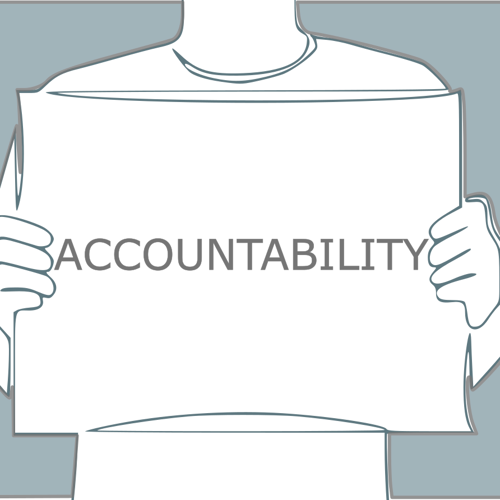Moo
Here are some of the key takeaways.
- Extreme Ownership – to be an incredible leader the leadership lives and dies with you, you need to own up to your mistakes, own up to your shortcomings, make sure you are giving direction in tough times.
- There are no bad teams, just bad leaders, this is about setting high standards and expectations. If there are low standards with no accountability, that will be your bar set for your team. Many leaders do not set expectations or check on people.
- Believe in the mission – you have to believe in the mission that you are leading, you can never get people to follow your vision and execute at the level you want them to if they do not follow your vision. You need a strong belief and genuine care, you cannot fake it or they won’t follow you.
- Check the ego – ego is a huge motivator, but if it gets too big, it blinds you to your mistakes. You need to take an honest reflection when you are assessing a situation. Make sure your ego doesn’t get in the way of great decision making.
- Cover and move – everyone on your team needs to know exactly what role they have and exactly what to do and when. To have a good team, everyone needs to fit in together, work together, communicate together and get their timing right.
- Keep it simple – Simplicity is key in every organisation, everyone needs to know what the goal is, the communication between you and everyone is very important.
- Pritoritise and execute – look around, keep calm and make a decision. Make sure you put out the most important fire first, neutralise the nearest or biggest problem. Be aware of all the other problems around.
- Leading up and down the chain – many people are often scared to communicate with people high up, you need to keep communication with people above and let people that you are leading to talk to them. Or you will get a lack of clarity, indecisiveness and little feedback.
- Make a decision and execute, you have to rely on your experience, rely on your knowledge of a situation and you need to rely on your team and the information that they give you. Many people get analysis paralysis because its hard to make the right choice.
Dichotomy of Leadership – a good leader must be
- confident but not cocky
- courageous but not fool-hearted
- competitive but a gracious loser
- attentive to details, not obsessed by them
- a leader and a follower
- aggressive, not overbearing
- humble but not passive
- quiet, not silent
- calm, not robotic
- close to everyone in your team, not closer to anyone more than another and not so close that you forget who is in charge
- execute on extreme ownership while exercising decentralised command
- a good leader has nothing to prove but everything to prove







